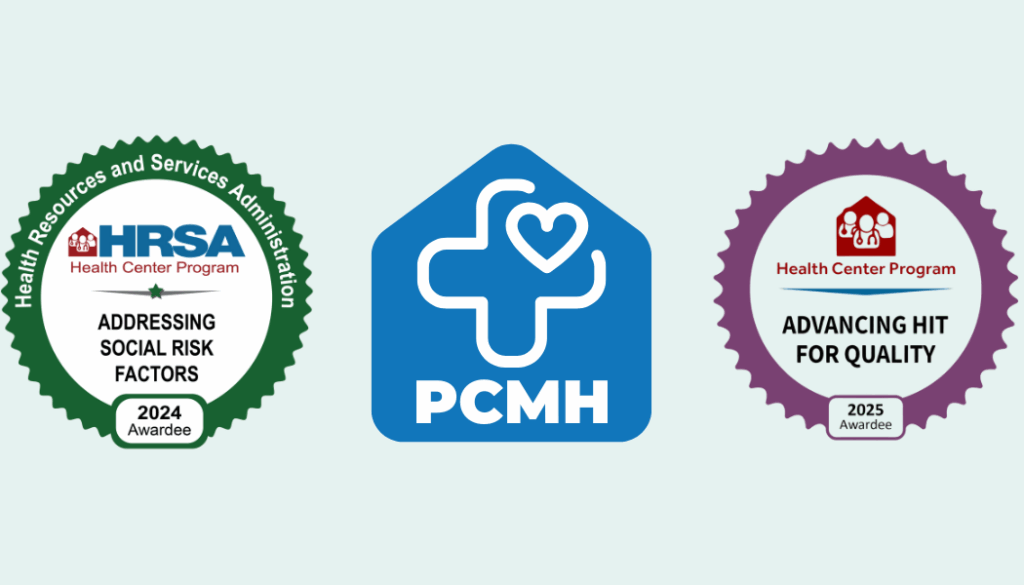Colorectal cancer screenings save lives.
Starting at age 45, regular screenings can help prevent colorectal cancer. Colorectal polyps and colorectal cancer don’t always cause symptoms, especially at first. That is why getting screened regularly for colorectal cancer is so important.
Symptoms of Colorectal Cancer
- A change in bowel habits
- Blood in or on your stool (bowel movement)
- Diarrhea, constipation, or feeling that the bowel does not empty all the way
- Abdominal pain, aches, or cramps that don’t go away
- Weight loss and you don’t know why
If you have any of these symptoms, talk to your doctor. They may be caused by something other than cancer. The only way to know what is causing them is to see your doctor.
Screening Tests
Several screening tests can be used to find polyps or colorectal cancer, including some that you can do at home. Talk to your doctor about the pros and cons of each test, and how often to be tested.
Stool Tests
- The guaiac-based fecal occult blood test (gFOBT) uses the chemical guaiac to detect blood in the stool. It is done once a year. For this test, you receive a test kit from your health care provider. At home, you use a stick or brush to obtain a small amount of stool. You return the test kit to the doctor or a lab, where the stool samples are checked for the presence of blood.
- The fecal immunochemical test (FIT) uses antibodies to detect blood in the stool. It is also done once a year in the same way as a gFOBT.
- The FIT-DNA test (also referred to as the stool DNA test) combines the FIT with a test that detects altered DNA in the stool. For this test, you collect an entire bowel movement and send it to a lab, where it is checked for altered DNA and for the presence of blood. It is done once every three years.
Flexible Sigmoidoscopy
For this test, the doctor puts a short, thin, flexible, lighted tube into your rectum. The doctor checks for polyps or cancer inside the rectum and lower third of the colon.
How often: Every 5 years, or every 10 years with a FIT every year.
Colonoscopy
This is similar to flexible sigmoidoscopy, except the doctor uses a longer, thin, flexible, lighted tube to check for polyps or cancer inside the rectum and the entire colon. During the test, the doctor can find and remove most polyps and some cancers. Colonoscopy also is used as a follow-up test if anything unusual is found during one of the other screening tests.
How often: Every 10 years (for people who do not have an increased risk of colorectal cancer).
CT Colonography (Virtual Colonoscopy)
Computed tomography (CT) colonography, also called a virtual colonoscopy, uses X-rays and computers to produce images of the entire colon, which are displayed on a computer screen for the doctor to analyze.
How often: Every 5 years.
Source: CDC
